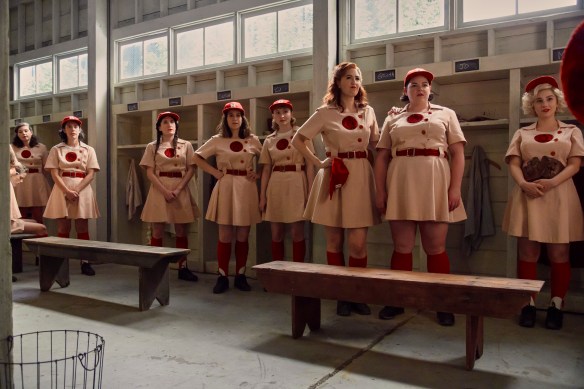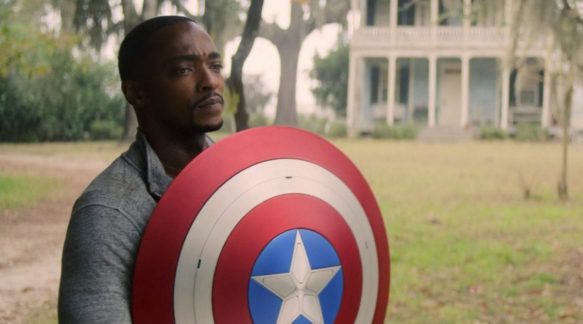
Source: NPR
“Each girl stands, her head so proudly high…”
— A League of Their Own
For 20 years, I’ve stood 61.75 inches tall. 5’1 and ¾ .
For 20 years, I’ve told everyone I’m 5’1.
For 20 years, I’ve rounded down. I ignored the rules I learned in elementary school math class to sell myself short (literally). To make myself smaller. To take up less space.
It’s what we as women are so often taught to do. Make yourself smaller to make other people more comfortable. Downplay your accomplishments or strengths so you don’t look conceited. Don’t ask for what you want—or even for what you need—because that’s asking too much of other people. Deny yourself pleasure, anger, and any other big feeling that makes you look “dramatic.” Shrink your body down to whatever size and shape society has deemed “trendy” for the moment.
All this to fit neatly into the tiny, pretty boxes that we are supposed to live our lives in.
The tiny, pretty boxes that make us easier to define, to label, and to control.
During the process of trying to cram yourself into those small, confined boxes, one of two things often happens: Parts of you—the best parts, the unique parts, the good stuff—start to break to ensure a perfect fit. Or the pressure the world puts on you—and you put on yourself—to push yourself down tighter and tighter until there’s barely any of you left becomes too much, and you push back with even greater force; you explode, destroying the box rather than destroying yourself to stay in it.
Or to put it another way: You either keep rounding down, or you start rounding up.
This was the year I started rounding up.
And the media I gravitated toward this year was full of examples of women doing the same thing.
One of my most-anticipated TV shows of 2022 was A League of Their Own. As someone who can quote the original film verbatim, I approached the Amazon series with excitement and a little trepidation. However, I shouldn’t have worried. I watched the whole series with my sister over the course of one weekend (and to know me is to know I very rarely love a show enough to binge-watch it that quickly). And it gave me so much more than what I was expecting.
It gave me living, breathing examples of what it means to sing those beloved lyrics:
Each girls stands, her head so proudly high.
Her motto “Do or die.”
She’s not the one to use or need an alibi…
It gave me so many female characters who unapologetically take up space as their true selves—at a time when it was difficult and downright dangerous to do so. Queer women who love and laugh and discover a little corner of the world where they can safely step outside of their boxes—if only for a moment. Women who we celebrate for what their bodies can do instead of what their bodies look like. Women who get to be unique, complex, brave, and utterly impossible to define in easy ways.
And it showed me that when you come out of your box and take up space, you’ll find your people. Your team. Standing with your head so proudly high allows people to see you—the real you. And the women of A League of Their Own taught me that letting people see you is the best way to find people who love you. And that’s what a team really is. It’s the people who love you, who have your back, who remind you that you don’t ever have to do hard things—from playing for a championship to taking up space as your fullest self—on your own.


